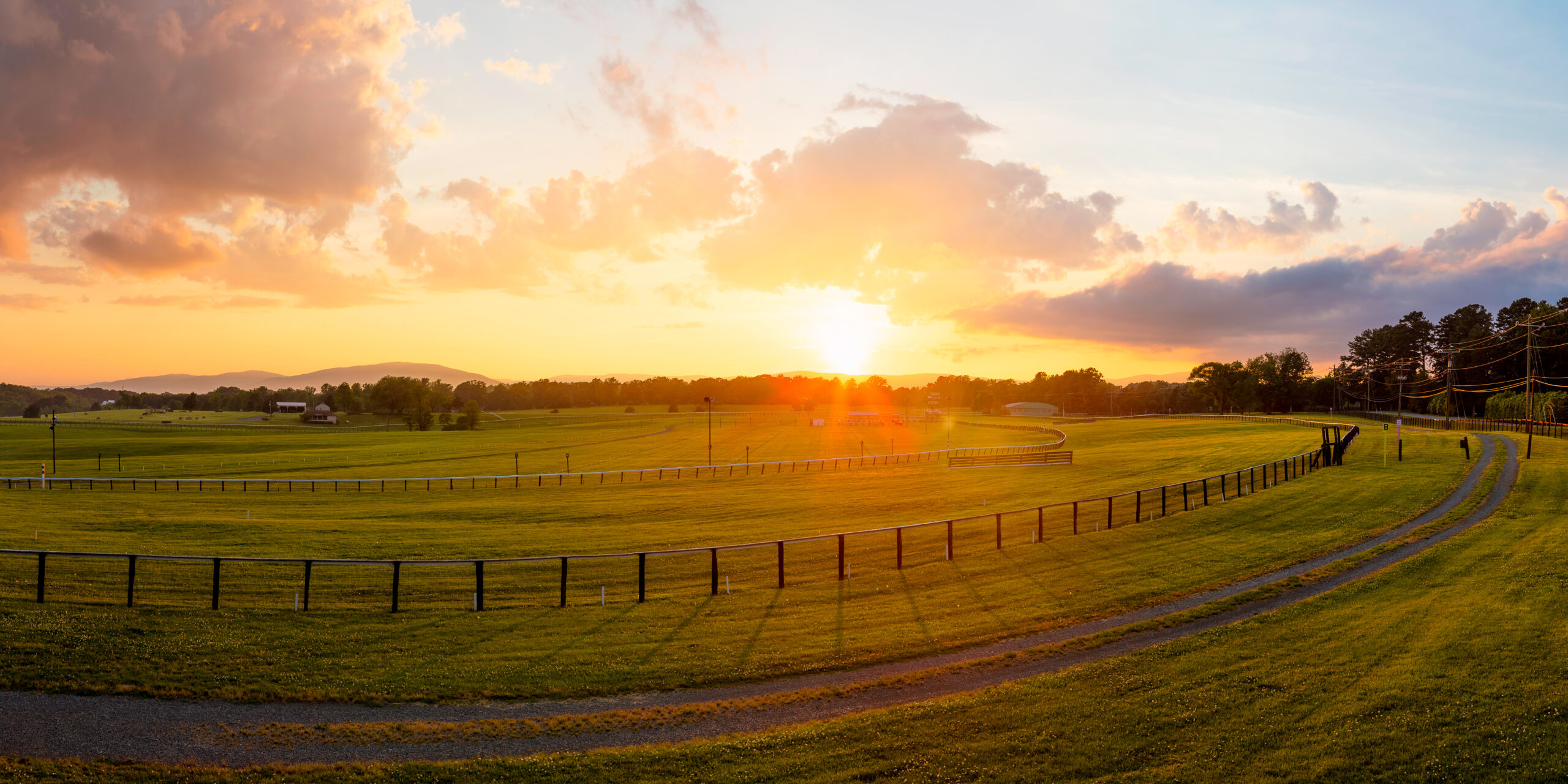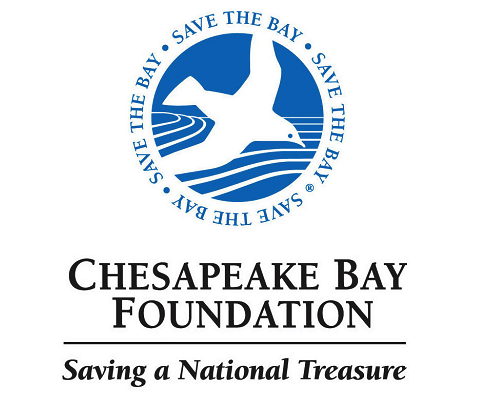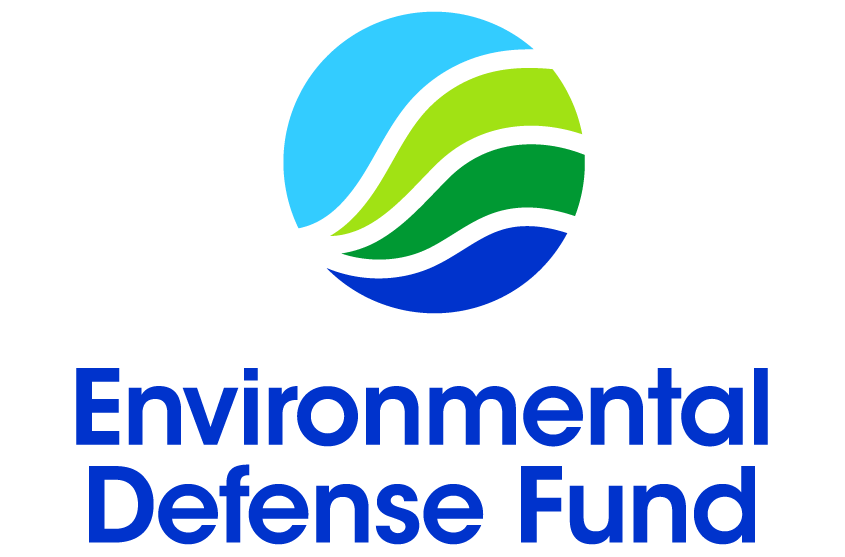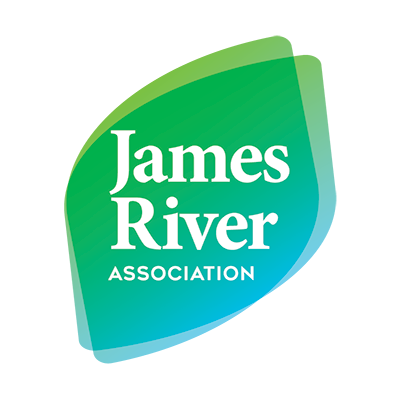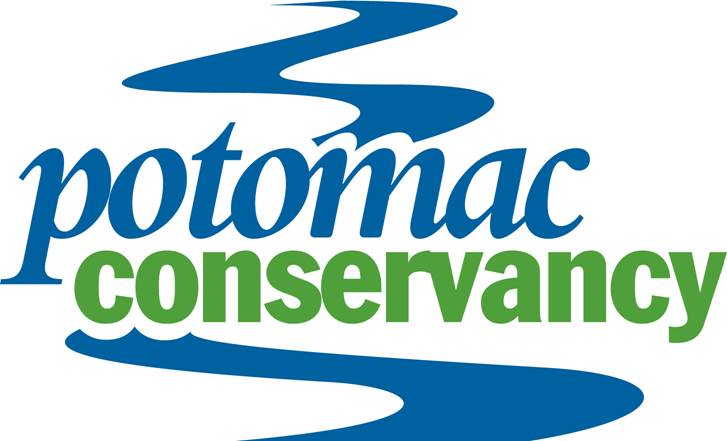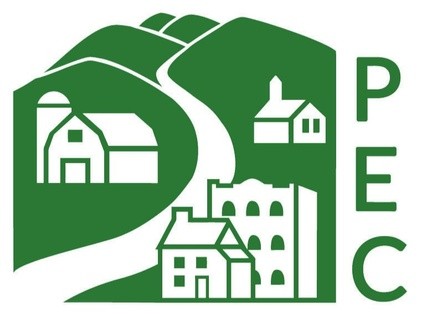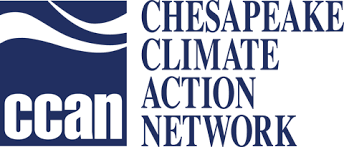ROUNDUP: Governor Youngkin Releases Conservation Budget
Panorama of Foxfield in Charlottesville, Virginia. Image credit: Cassidy Girvin
Every two years Virginia’s Governor introduces a biennial (two-year) budget. The last biennial budget, proposed by Governor Northam, was one of the most significant proposals for conservation, including a billion dollars for clean water, record funding for trails, and much more. However, Virginia still invests less than half of 1% of our budget in natural resources, and there are many areas where we still fall short of the need.
Virginia’s natural resources have been historically underfunded despite broad, bipartisan support for increased conservation funding throughout the Commonwealth. Just this year, a survey showed that nearly eight-in-ten Virginia voters support dedicating $300 million to conservation programs that protect Virginia’s land, water, and wildlife – and these voters are represented statewide and across party lines.
Overall, what’s missing from Youngkin’s proposed budget speaks louder than what the 800-page document contains. Longstanding conservation programs with bipartisan support continue to be funded, although not fully funded. Other initiatives to reduce pollution and consumer costs through transportation and energy reform steer Virginia in the wrong direction and will need to be addressed in the upcoming General Assembly session.
Funding for Clean Water & Flood Resilience
Virginia Conservation Network called for full investments in proven programs in Our Common Agenda to reduce water pollution and restore the Chesapeake Bay, including:
- Funding and technical assistance to farmers to implement agricultural best management practices to keep pollution runoff out of our waters
- Upgrading wastewater infrastructure to keep sewage overflows from contaminating our creeks, streams, and rivers
- Maintaining our participation in RGGI and fully funding the Community Flood Preparedness fund to address statewide flood risks
Governor Youngkin announced $500 million in conservation funding earlier this month to address critical water protection issues, notably for agricultural best management practices, Richmond’s Combined Sewer Overflow (CSO) project, and freshwater mussel restoration. However, the proposed funding still falls short of the investments needed to fully protect our drinking water, the Chesapeake Bay, and critical water ecosystems.
Notably, Youngkin’s budget lacks robust support for Virginia’s communities at risk for flooding. The Governor continues to move forward with his decision to remove Virginia from the Regional Greenhouse Gas Initiative (RGGI), which remains the most effective method to fund flood resilience while also reducing carbon pollution. RGGI produced over $136 million for the Community Flood Preparedness Fund (CFPF) in 2023. Governor Youngkin was unable to fully backfill these funds for 2024, and leaves nothing in the budget for 2025. With only $100 million allocated for the CFPF over the next two years, Virginia’s communities will struggle to protect themselves from increasing flood risks.
Chesapeake Bay Foundation
“We welcome these proposed investments in important environmental initiatives including agricultural conservation practices, flood preparedness, and oyster and mussel restoration. These investments are critically important to improving water quality in the Commonwealth now and preparing Virginia for increasing climate change impacts in the future.”
“While we applaud these historic investments, there remains significant need for resources to Virginia’s wastewater sector to continue the tremendous progress they have made in reducing pollution to the Bay. We urge the General Assembly and Administration to appropriate the necessary funds to meet our water quality goals for wastewater treatment.”
“We look forward to working with the Governor, his Administration, and Virginia legislators in the upcoming legislative session to ensure these investments in key clean water programs are included in the final budget.” – Chris Moore, Virginia Executive Director
Environmental Defense Fund
“Environmental Defense Fund (EDF) commends Governor Youngkin’s dedication to addressing Virginia’s increasing flood risk. We are happy to see $100 million allocated to the Community Flood Preparedness Fund (CFPF), which supports community-scale flood resilience capacity building, studies and project implementation. Demand for this program remains high, with over $76 million requested by 36 localities in the most recent grant round that closed last month. Despite the Governor’s decision to remove Virginia from the Regional Greenhouse Gas Initiative, which remains the most effective method to fund flood resilience while also reducing carbon pollution, EDF is pleased that the administration is allocating resources for the CFPF. We also appreciate a continued investment of $25 million toward the Resilient Virginia Revolving Loan Fund, which offers another financing tool for localities to build flood resilience amid increasing climate impacts.”
“EDF looks forward to collaborating with the General Assembly and Youngkin Administration during the 2024 legislative session to help advance key legislation, offer expertise and ensure resources are used most effectively to build greater climate resilience across Virginia.” – Emily Steinhilber, Virginia Director, Climate Resilient Coasts & Watersheds
“As stewards of the James River, we applaud significant investments in critical areas that directly impact the James River and Virginia’s other waterways. The James River Association commends Gov. Youngkin’s commitment, which includes $500 million in investments for the Commonwealth’s environmental stewardship, including Agricultural Best Management Practices, Richmond’s Combined Sewer Overflow (CSO) project, and freshwater mussel restoration. JRA looks forward to working with the Governor’s Administration and the General Assembly during the upcoming legislative session to support these foundational investments and additional conservation budget and policy items.” – Nathan Thomson
“As a leading advocate for clean water in the region, Potomac Conservancy is encouraged to see Governor Youngkin prioritize responsible investments in several policies and agencies that advance environmental protections in Virginia and build off existing efforts to bolster a safe and vibrant Potomac River. We look forward to advocating for increased investments for other clean water and land conservation policies by working with the General Assembly and Governor’s Administration moving forward.” – Hedrick Belin
Funding for Land Conservation
Access to and the preservation of Virginia’s beautiful natural resources – from our coasts, through the Piedmont, and over the mountains – are a key component of the state’s economic, social, and environmental health. Investing in conservation and outdoor recreation is a priority for Virginians, and our legislature has built strong programs and tools to protect our natural, historic, and cultural resources. These programs simply need sufficient, consistent, and dedicated funding to ensure Virginia’s future generations have the kind of Commonwealth we want to leave to them.
Governor Youngkin continued bipartisan support for programs to protect state parks, farmland, battlefield, and land conservation efforts. However, other key programs were left unfunded by the Governor. The General Assembly will need to work to continue protecting Virginia’s diminishing tree canopy, preserving BIPOC historic sites, and developing wildlife corridors to protect wildlife and people from animal-vehicle collisions.
Piedmont Environmental Council
“Governor Youngkin’s proposed budget for land conservation continues to support the effective programs that have long standing bipartisan support, particularly for the Virginia State Parks, the Virginia Land Conservation Foundation, and the Land Preservation Tax Credit. We look forward to working with the General Assembly, the Department of Agriculture and Forestry and other conservation agencies to address the need for effective protection of work farm and forest lands, improving on the programs that address the needs across the Commonwealth to conserve arable lands and intact forests, building on the strong foundation of the past 50 years. Clearly, the reduction in the funding of the Office of Farmland Protection in the Department of Agriculture and Consumer Services needs to be offset with additional resources in other programs.” – Christopher Miller, President
Virginia Association for Biological Farming
“Virginia is losing farmland to development at an alarming pace. Virginia’s farms provide key ecosystem services like carbon sequestration and water quality and create a sense of place. We look forward to working with the General Assembly, the Department of Agriculture and Forestry and other conservation agencies to address the crucial need for farmland protection. We would like to see robust funding for the Virginia Farmland Preservation Fund and funding for the Office of Farmland Protection in the Department of Agriculture and Consumer Services restored.” – Francesca Costantino, Vice President of the Board
Funding for Transportation
Governor Youngkin’s transportation funding proposal takes Virginia down the wrong path. Virginia desperately needs a cleaner, more equitable transportation system that reduces traffic, improves safety, and reduces our largest source of carbon pollution. Youngkin’s investments steer Virginia down a polluting, congestion-creating path with large sums of funding marked for highway expansion and construction.
Coalition for Smarter Growth
“The Governor’s budget appears to omit designated funding to help close the WMATA (Metro) FY 25 and FY26 operating gap. Northern Virginia hopes for the state to match the localities’ proposed contribution of $50 million each year. Even this is much less than Metro needs if we are to avoid major service cuts and the unadvisable shift of capital funds for preventative maintenance to operating needs.”
“Contrast this with the Governor’s specific allocation of an additional $70 million to the expansion of I-81 and $220 million more for the Transportation Partnership Opportunity Fund with it likely going overwhelmingly to destructive highway expansion. At the same time, language in the Governor’s budget calls for cutting Metro service, which reflects a lack of understanding of the benefits of frequent bus and rail service to Northern Virginia. Frequent, reliable service is essential for growing ridership and offering Virginians an alternative to sitting in traffic.” – said Stewart Schwartz, Executive Director of the Coalition for Smarter Growth and a member of the VCN Board of Directors.
Southern Environmental Law Center
“Governor Youngkin’s proposed budget takes us in the wrong direction on transportation. It calls for an additional $220 million for the governor’s transportation slush fund and a $70 million earmark to widen I-81, and he has suggested his proposed sales tax hike will fund hundreds of millions of dollars of additional highway projects, but he has provided no additional designated funding for Metro or for any other cleaner transportation alternatives.” – Trip Pollard, Land & Community Program Leader
As Virginia moves to a 100% clean energy grid by 2045, Governor Youngkin’s energy proposal lacks funding for proven, clean, and low-cost energy projects. In the proposed budget, Youngkin continues his attempt to invest in small scale nuclear reactors (SMNRs) – an energy system that is high-cost and is still in the research and development stage. Recently, a South Carolina utility spent $9B ratepayer dollars to develop a conventional nuclear power plant that proved to be so expensive it had to be canceled. Customers are now paying billions for a project that will never produce any electricity. The Virginia Conservation Network will continue to support programs that have been proven to reduce carbon pollution and customer utility bills, such as energy efficiency retrofits and on-site solar generation.
Chesapeake Climate Action Network
“It is unconscionable that the Governor’s supposed “all of the above” energy plan apparently does not include a single cent for our least-cost, best tool to reduce energy demand and bills: energy efficiency. By usurping the legislature and removing Virginia from RGGI, Youngkin has potentially robbed the state of hundreds of millions of dollars per year for low-income energy efficiency programs that keep Virginians in their homes, build much-needed affordable housing, and lower our overall energy needs and electricity bills. It is furthermore detrimental to our air pollution reduction goals to dump hundreds of millions of dollars into a slush fund for major road projects at the cost of funding for transit and other low-carbon transportation options. We look forward to the legislature correcting for these egregious missteps on our journey to a climate-stable and equitable future” – Victoria Higgins, Virginia Director
Next Steps for Virginia’s State Budget
The joint money committees will hold 4 virtual regional public hearings regarding the budget on January 3, 2024 beginning at 10:00 AM. Registration is first come, first served and will occur on January 2 ONLY. Individuals wishing to be heard should plan to register as soon as the electronic registration system begins accepting registrations on Jan 2. Please check either of the following websites for more information:
- Senate Finance and Appropriations Committee Website
- House Appropriations Committee Website
Then, this proposed budget will head to the General Assembly for approval. It is critical that the state legislators not take away any of the proposed conservation funding in the Budget Bill. The proposed funding gains highlighted below are essential to keep Virginia’s environment and public health intact. To withdraw this funding would be an unpopular move considering the broad bipartisan support to protect Virginia’s natural resources.
Learn How to Advocate for Virginia’s State Budget
